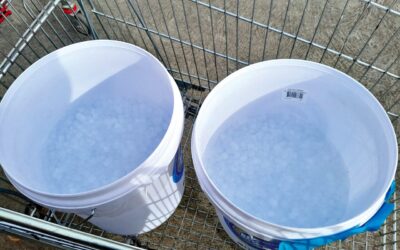Hunter New England Local Health District (HNELHD) has confirmed two cases of invasive meningococcal disease at Mackellar Apex Road Residential Care Facility in Gunnedah.
One resident aged in their 80s has died at Gunnedah Hospital. HNELHD expressed its condolences to their loved ones. Meanwhile, a second resident, also in their 80s is in hospital.
A HNELHD spokesperson said infection control measures have been implemented at the aged care facility, with identified close contacts, including residents and staff, provided with antibiotics as a precaution. Vaccination will also be offered to residents and staff who had extensive face-to-face contact with residents in this part of the facility.
“Both individuals resided in the same area of the facility, suggesting a localised point of transmission,” the spokesperson said.
“Despite these cases we can assure the Gunnedah community there is no current evidence of increased risk of meningococcal infection in the community as meningococcal bacteria are not easily spread from person to person and the bacteria do not survive well outside the human body.
“Transmission generally requires close and prolonged contact with a person carrying the bacteria.”
Meningococcal disease is a rare, but serious and sometimes fatal infection. Children under five and 15 to 25-year-olds are at the greatest risk of contracting the disease. Vaccination is recommended for babies at 12 months of age and school students in year 10.
In NSW, the rate of invasive meningococcal disease remains low.
Common symptoms to watch for include sudden onset fever, headache, neck stiffness, joint or limb pain, sensitivity to light, nausea or vomiting, and in some cases a distinctive rash. People with symptoms should seek urgent medical care.
Free health advice is available to people across NSW 24/7 by calling Healthdirect on 1800 022 222. A registered nurse will assess their condition and then connect them to the right care for them, close to home or virtually.
Further information on vaccination or symptoms, transmission, risks and treatment is available on the NSW Health website.




